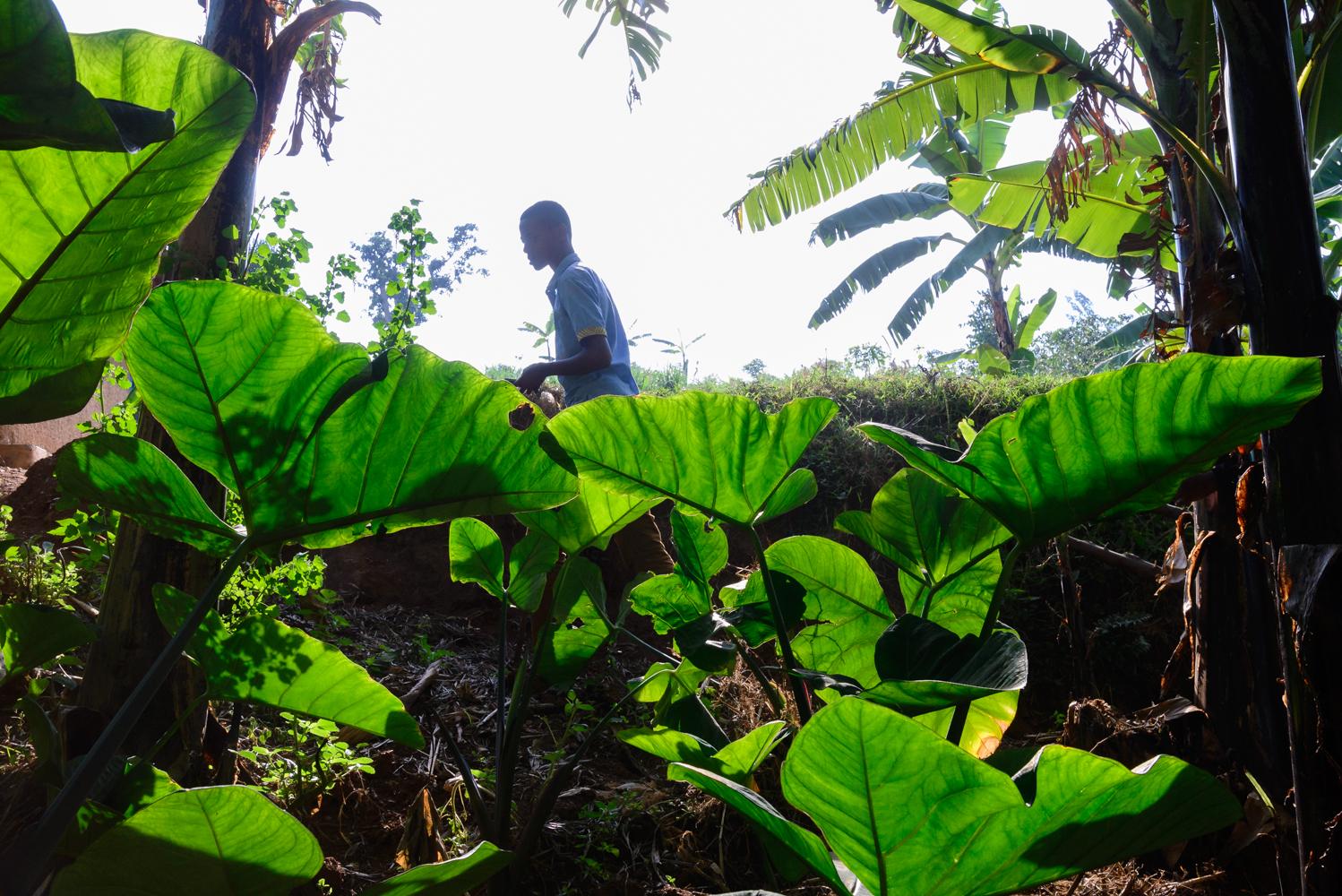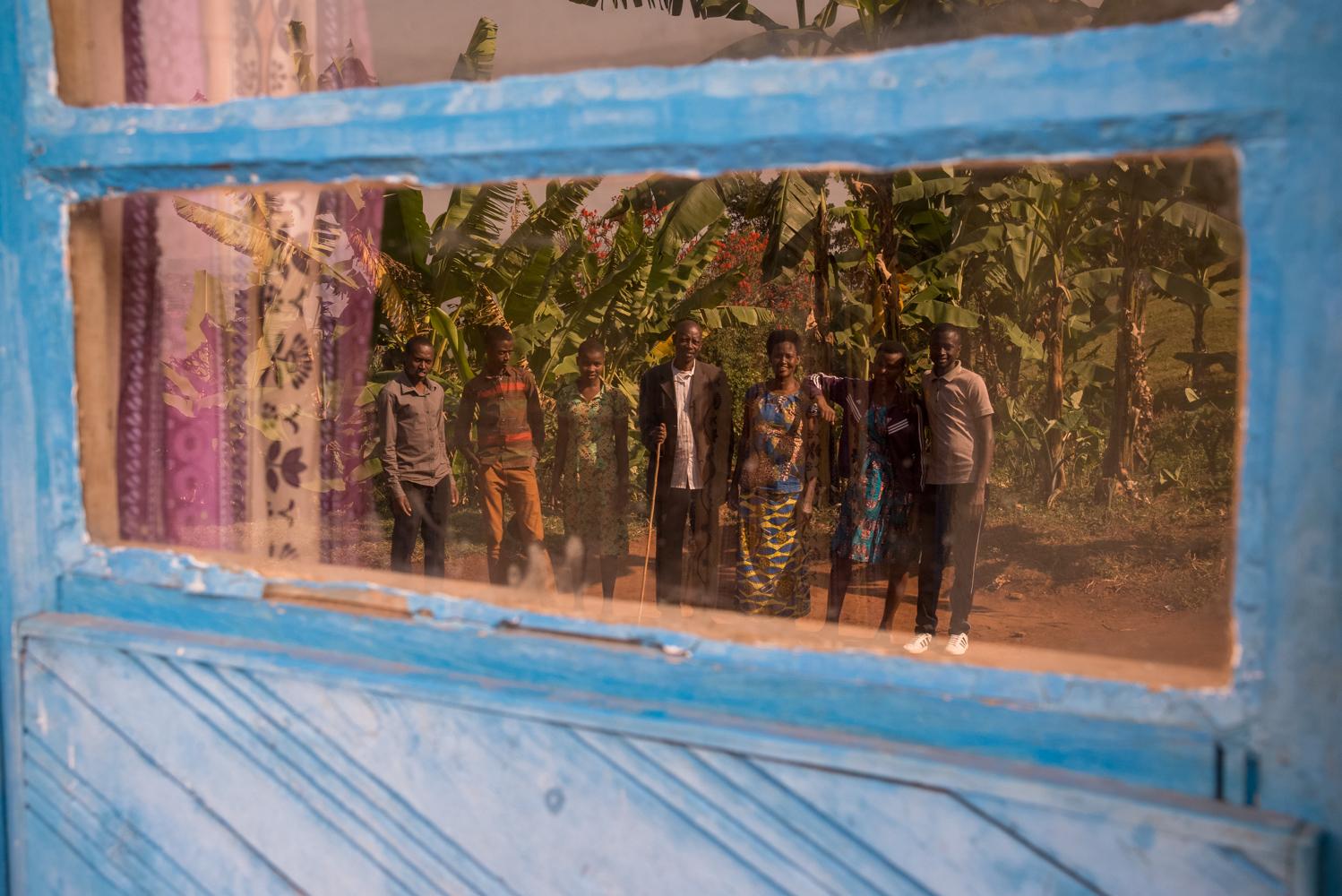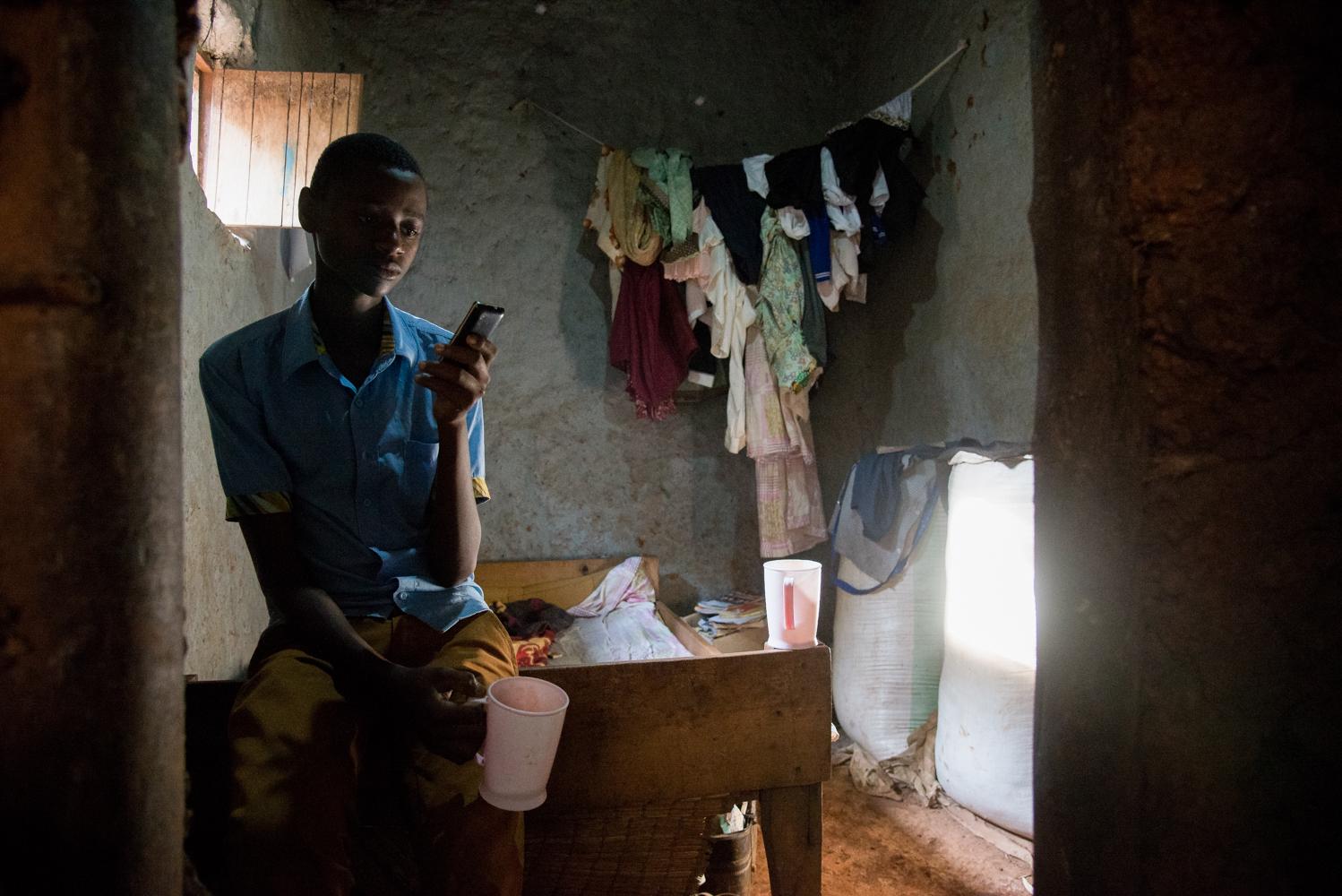Public Story
Gacaca
The family of Jean Bosco Nkurikiyinka, a Genocide Against Tutsi survivor in Rutunga Sector in Gasabo District is taking care of three children of a family of genocide perpetrators serving jail sentence. In 2009, a Gacaca Court at Rutunga in Gasabo District sentenced residents Evode Musonera and his wife Margret Nyirimana to 30 and 15 years imprisonment respectively for genocide crimes in their home area. Two years later, Jean Bosco Nkurikiyinka 65, a survivor of the 1994 Genocide Against the Tutsi, noticed the 12-year old son of Musonera and Nyirimana working on a resident’s farm.“I felt compassion for the young boy, seeing him suffering due to the wickedness of his parents in which he never participated,” Mr. Nkurikiyinka emotionally said.
“I deciding there and then, to take the children into my family,” he said.
Mr. Nkurikiyinka’s family of six children agreed to adopt children whose parents had killed Tutsis including his very close relatives.
In 2011, when Mr. Nkurikiyinka was adopting the genocide perpetrators’ children, there was sharp subtle mistrust between genocide survivors and perpetrators, which would make such adoptions less likely. “Genocide survivors felt safer to drink in fellow survivors’ bars and the vice versa for perpetrators,” said Francois Ntwali 68, head of Rutunga Reconciliation Club.
The children often report to Mr. Nkurikiyinka or the wife that some residents were intimidating them that the survivors would retaliate and kill them.“We feared such allegations would spiritually alienate the children from the rest of us,” Mr Nkurikiyinka’s wife Speciose Mukagakwaya said.
According to the National Unity and Reconciliation Barometer 2010, reconciliation had reached 80% among Rwandans. Gasabo District in Kigali City is manifested in the 2015 National Reconciliation Barometer as the second district with a high percentage of residents still "viewing themselves and others through ethnic lenses" and third in the exhibition of divisionism. However, for Mr. Nkurikiyinka to adopt the perpetrators’ children, it set the precedence of reconciliation in Rutunga Sector. According to Fidele Ndayisaba, executive secretary at National Unity and Reconciliation Commission, examples set by Mr. Nkurikiyinka have helped to instill the message of reconciliation. “It wins people into total reconciliation because it’s a vivid example. There are some people who have paid tuition fees for perpetrators’ children,” Mr. Ndayisaba said.
This story is the ideal show of restorative justice. Showing the relevance and potential that a restorative model of justice can hold, not just for Rwanda, but for contemporary global politics.












